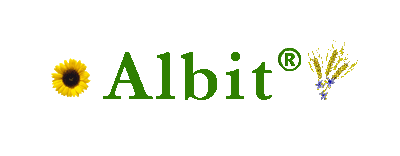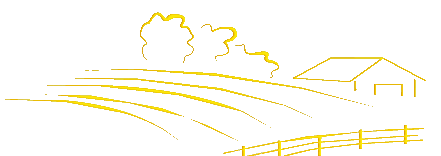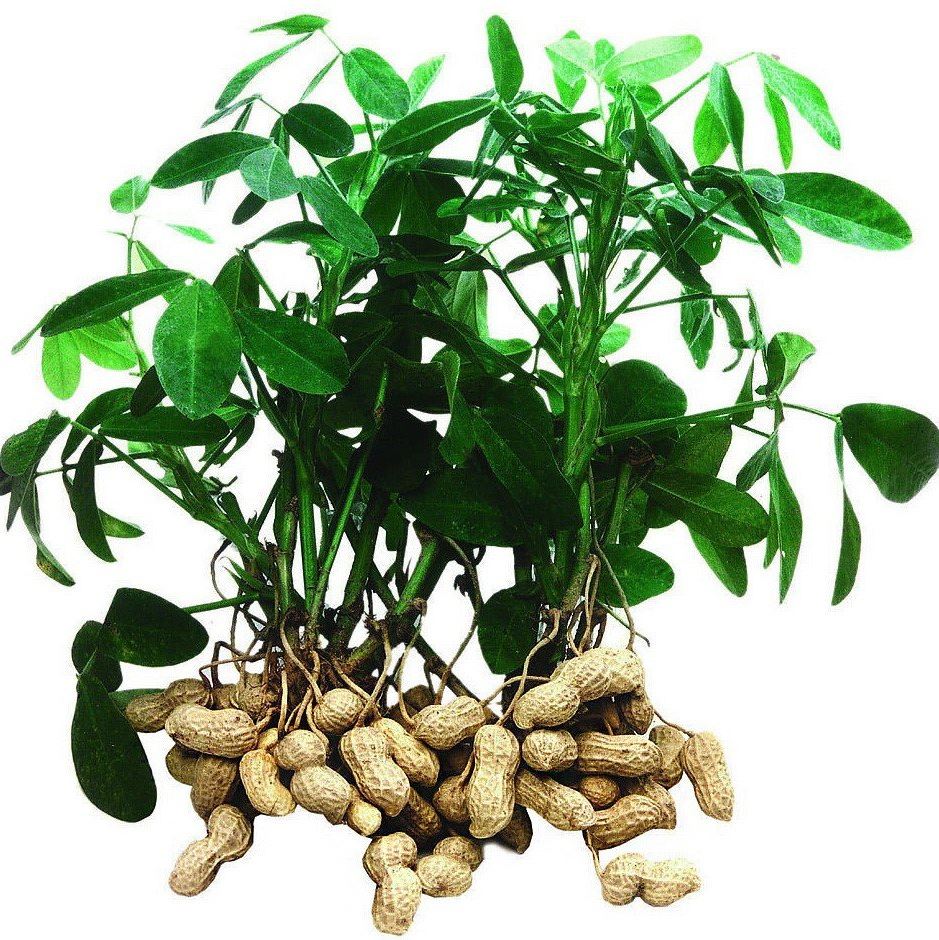|
|
On peanut, Albit is applied as antidote for decrease of side phytotoxic effect of herbicides. Albit increases field germination capacity, accelerates plant growth and development, improves plant resistance to drought and increases peanut yield. Anti-stress effect of Albit is brightly manifested on peanut. In the village Kadirli (Adana region, Turkey, 2016) peanut was planted in the “dead” soil (during many years these fields were treated with herbicides, therefore peanut was not germinated). Peanut seeds treated with Albit suddenly germinated on this soil and peanut gave a high yield. Since that time, local residents named Albit: “Albit – revival of dead.” Application recommendations. It is recommended to conduct presowing seed treatment and one foliar spraying at the stage of 4-5 true leaves (ÂBCH 14-15): 30-50 mL/t, 30-50 mL/hà. Application of Albit in-furrow during the planting (200 mL/hà) may replace seed treatment. Albit may be applied as antidote in tank mix with pesticides, according to their perspective recommendations. On peanut, Albit has been tested since 2009. In field trials a high Albit efficacy was shown. Here are some results. In 2009-2011, Albit was used in Nigeria in field trials of University of Abuja during drought season (fields with artificial irrigation) and on the same fields during the rainy season. It was shown the positive influence of Albit on germination of peanut seeds, as well as on development of vegetative mass and root system. Under artificial irrigation, treatment of seeds with Albit together with fungicide increased germination energy by 8.2%, mass of aboveground part – by 4.3% (on 28th day of field trial), mass of the roots – by 19.4% relative to the control. In conditions of sufficient moisture during seed treatment with Albit + fungicide, the germination energy increased by 8.1%, mass of aboveground part –by 7.4%, and mass of roots – by 74.7%. Increases of field germination after Albit application was observed in North America in more favourable climate conditions. For example, in farm of Michael Chafin (Sunbelt, Georgia, USA, 2013) seed treatment with Albit (40 mL/t) increased field germination by 5-10%, accelerated development of root system of seedlings (Fig. 1). Yield increased by 6.6% after Albit application (yield was 3.8 t/hà in variant without Albit treatment).
Fig. 1. Seed treatment of peanut with Albit increases germination energy, accelerates growth and development of seedlings. Left – control without treatment, right – treatment with Albit (Sunbelt farm, Georgia, USA, 2013)
In 2014, in farm of Steve Sumner, Albit was applied in the following variants: In all variants more powerful development of vegetative mass and root system were observed after Albit application on peanut. It led to yield increase. Albit application in furrows had maximal efficacy. Yield increase was 16.7% over untreated control (Fig. 2). 2-fold Albit application (Albit application in furrows and the following foliar spraying with Albit) had less efficacy than Albit application in furrows (yield increase was 6.2%, Fig. 3).
Fig. 2. Influence of Albit on peanut development and yield. Albit was applied in furrows. Check – control without treatment, Treated – Albit application in furrows (Farm of Steve Sumner, Georgia, USA, 2014)
Fig. 3. Influence of Albit on peanut development and yield. Left – 1-fold foliar spraying with Albit; right – Albit in-furrow application + following 1-fold foliar spraying with Albit (Farm of Steve Sumner, Georgia, USA, 2014)
In 2016, in conditions of arid climate of Turkey (Hatay province) one-fold Albit application gave 13.1% yield increase (yield in control was 3.8 t/hà). Based on obtained data on peanuts in some cases it is advisable to carry out only one treatment with Albit: seed treatment/in furrows or foliar spraying. In the following Table, you may see all reports on performance of Albit on peanut, available in English. For all available reports, please see corresponding table on the Russian webpage
|
|
||||||||||||||||||||||||||||||||||||||||||||||||||||||||||||||||||||||
Terms and Conditions
|
|


 Peanut (Arachis
hypogaea), genus Arachis, legume family (Fabaceae) is important
agricultural crop cultivated in industrial scale for peanut “nuts”. Peanut
seeds contain up to 53% of oil, up to 37% of proteins, up to 21% of starch,
as well as amino acids, B vitamins (especially in seed peel), C, D, E, PP,
microelements. Starch flour is made of seed bagasse and is very similar to
wheat flour. As for protein content (up to 40%), seed bagasse is similar
to linseed cake and is a good food for animals. In industrial cultivation
the yield of peanuts reaches 4 t/ha and ca. 1-1.6 t/ha in variants with and
without irrigation, respectively. Peanut is mainly cultivated in hot tropical
regions. Albit was tested and have been applied on this crop in the southern
regions of United States of America, in Africa and in South Asia.
Peanut (Arachis
hypogaea), genus Arachis, legume family (Fabaceae) is important
agricultural crop cultivated in industrial scale for peanut “nuts”. Peanut
seeds contain up to 53% of oil, up to 37% of proteins, up to 21% of starch,
as well as amino acids, B vitamins (especially in seed peel), C, D, E, PP,
microelements. Starch flour is made of seed bagasse and is very similar to
wheat flour. As for protein content (up to 40%), seed bagasse is similar
to linseed cake and is a good food for animals. In industrial cultivation
the yield of peanuts reaches 4 t/ha and ca. 1-1.6 t/ha in variants with and
without irrigation, respectively. Peanut is mainly cultivated in hot tropical
regions. Albit was tested and have been applied on this crop in the southern
regions of United States of America, in Africa and in South Asia.



